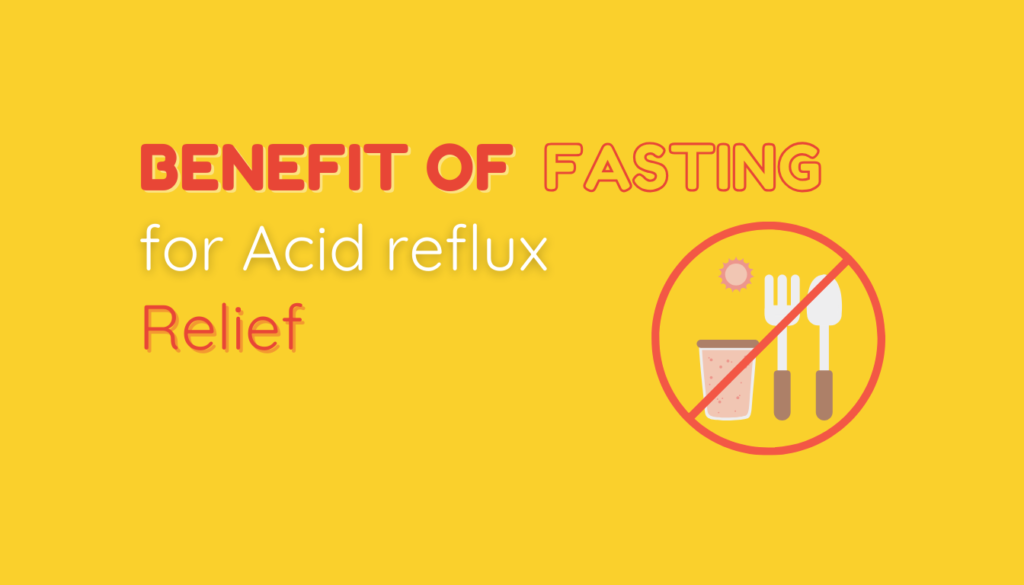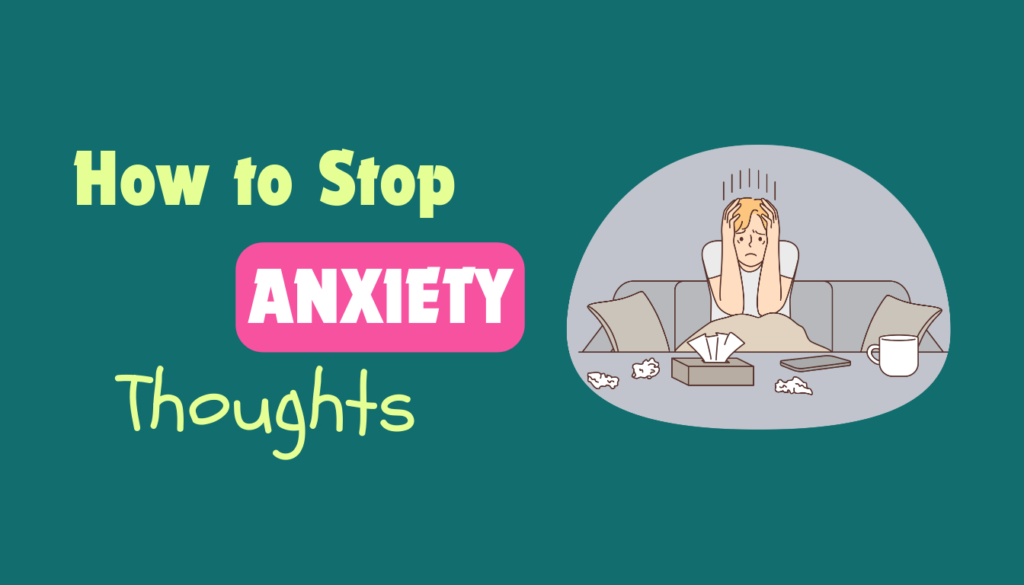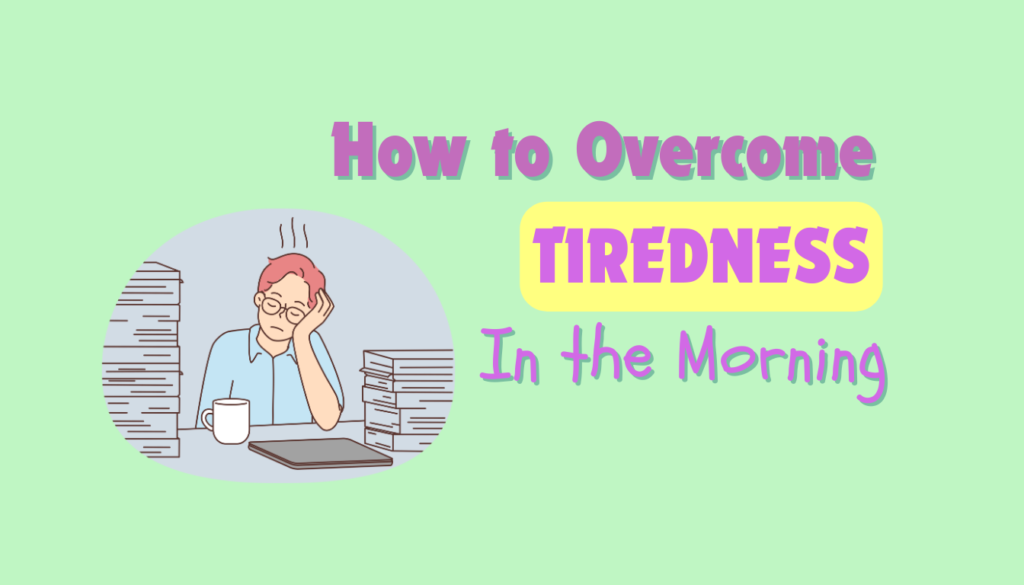Is fasting the secret weapon against acid reflux? New studies are hinting at its surprising help for those with GERD.
Researchers wanted to see how not eating for certain periods affected GERD. They found something interesting – less acid exposure and better symptoms like heartburn and regurgitation.1
At first, sticking to this eating plan might be hard. But, the study shows, even in the short term, intermittent fasting helps ease GERD symptoms for many.1
Understanding Intermittent Fasting
Intermittent fasting is a way of eating that switches between not eating and eating.
Common methods are not eating every other day, eating normally most days but very little on others, and only eating during an 8-hour period each day.1
It has been found to help people lose weight just like eating fewer calories does.
It’s also good at fighting body inflammation linked to serious diseases like Alzheimer’s and stroke.
But, it might cause some temporary problems like feeling hungry, tired, having trouble sleeping, feeling sick, or getting headaches, especially at the start.
There’s a lot of interest in how intermittent fasting affects acid reflux and GERD. Research has started to show that it could help with these digestive issues.1 2 3
Seeing how intermittent fasting connects to these health problems helps us see its positives for gut health and controlling GERD signals.
Benefits of Fasting for Acid Reflux
Intermittent fasting helps people with acid reflux or GERD. It reduces stomach acid and improves digestive health. This leads to fewer symptoms like heartburn and regurgitation.2
Fasting boosts a process called autophagy. This helps repair the esophagus and lowers inflammation from acid reflux.2 It’s a good way to ease acid reflux symptoms by giving your stomach a break.
In Saudi Arabia, 28.7% of people have GERD.2 A study showed fasting for 16 hours each day for four days helps.
It made heartburn and regurgitation better for those with GERD.2 The research included 53 people from 16 to 67 years old. Most were women.
Almost half used antacids or other drugs.2 After fasting, heartburn and regurgitation scores dropped.
They felt better when they lay down, stood up, or after eating.2 What they ate, when they ate, and how much didn’t affect their symptoms much.2
How Intermittent Fasting Helps with GERD
Intermittent fasting can make a big difference for people with GERD. By having shorter eating times, it lowers the amount of stomach acid you make. This helps lessen heartburn and acid reflux.
The breaks from eating also let your throat and stomach heal, cutting down on irritation from stomach acid.
Intermittent fasting doesn’t just cut down on acid. It also helps balance important hormones and the bacteria in your gut.
This means your digestion could get better, and you might have fewer GERD troubles.1 Adding this fasting method to your diet can be a good way to deal with GERD.
Research has backed up the benefits of intermittent fasting for GERD. In a study from 2022, 16:8 fasting helped 9 out of 25 people reduce their GERD symptoms over time.1
Another research found that during the Muslim fasting month of Ramadan, GERD issues were not as bad.
However, a 2018 study noted that Ramadan fasting might not help if you’re already taking certain medicines for GERD. These drugs are called H2 blockers and PPIs.1
Aside from lowering acid and symptoms, intermittent fasting might do more for us. It could significantly change the bacteria in our stomachs, which is great for our overall digestive health.1
Better gut health from fasting could mean less trouble with GERD.
Fasting and Esophageal Health
Fasting has a good impact on the health of the esophagus. This is vital for those with [fasting for esophageal health] or GERD.
The break from stomach acid helps the esophagus heal and get better.2 It lessens swelling, damage, and lowers the chance of precancer like Barrett’s esophagus.
Fasting leads to autophagy, a process that repairs and regenerates the esophageal tissue by breaking down damaged cells.4
Thus, fasting is a great way to prevent the harmful effects of chronic [acid reflux natural remedies] on the esophagus.
Types of Fasting Diets for Acid Reflux
Managing acid reflux or GERD with fasting diets can really help. Up to 20% of people deal with GERD, so it’s quite common.
Plus, it often happens more than twice a week, showing it’s a long-term issue. By fasting, we cut down on stomach acid, which lets the esophagus heal.
Intermittent fasting is a great method. It means switching between times of eating and not eating.
One way to do this is the 16:8 method. You eat during an 8-hour period and then fast for the next 16 hours.
A study in 2022 found that only 9 out of 25 people stuck to this method well for GERD.1
Another approach is alternate-day fasting. Here, you eat normally on one day and then fast the next day.
Time-restricted feeding is when you eat only during certain hours of the day. For instance, you might eat for 12 hours and then not eat for the next 12. This can help with acid reflux.
Eating a diet rich in fiber, such as whole grains and green veggies, is also good for dealing with GERD symptoms.5
Ramadan fasting is a known method too, practiced from sunrise to sunset for a month. It involves not eating or drinking during daylight hours.
Studies show it may affect GERD symptoms positively. Also, the gut health of non-obese individuals seems to improve during this fasting period.1
By trying these fasting methods, we can see if they work well for managing GERD. A good diet plan can really help with fasting and GERD and acid reflux diet plan, tackling the root of this condition.
Foods to Eat and Avoid for Heartburn Relief
Changing what you eat can lower heartburn and reflux. Foods like:
- Adding heartburn-friendly foods to your meals can lessen your symptoms.6
- Chewing gum can make your mouth produce more spit, making you feel better.6
- Eating healthy fats, not too much, may reduce heartburn.6
- Choosing low-fat over high-fat meals might lower your heartburn.
- Picking non-citrus fruits over those that are sour can help.
- Eating lean meats can give you some long-awaited relief.
- Veggies are great. They’re full of fiber and low in fat.
- Eating whole grains is a smart move for your stomach.
- Fiber-rich meals could make heartburn less upsetting.
However, some foods can make heartburn worse. These should be avoided:
- Drinks like alcohol, soda, and coffee can make GERD symptoms harder to manage.6
- High-fat foods, chocolate, and fatty meats can really stir heartburn up.6
- Stay away from mint-flavored products. They can mess with how your throat works.6
- Spicy foods have a bad rep for a reason. They hurt your stomach lining and make heartburn worse.6
To battle heartburn, you can also do the following:
- Try drinking alkaline water and eating smaller meals to feel better.
- Reducing stress, losing weight, and sleeping with your head up might help too.6
- Remember, if you have really bad symptoms like chest pain, get medical help right away.6
By choosing these foods and avoiding others, you can handle acid reflux better. This way, you’ll feel good in the digestive health department.
Tips for Managing Acid Reflux with Fasting
Here are some tips to help with intermittent fasting acid reflux or GERD:
- Start fasting slowly. Begin with short fasts, like 12-14 hours. Then, you can fast longer as your body gets used to it. This helps avoid discomfort.7
- Keep hydrated. Drinking water is important, as not doing so can make acid reflux worse.7
- Don’t overeat. Big meals can trigger acid reflux. Eat smaller meals more often instead.7
- Choose foods that are good for both fasting and gerd. Go for high-fiber, low-fat, and alkaline foods. Think about whole grains, green veggies, and fruits like bananas and melons. These choices can help lower acid and ease symptoms.5
- Do light exercise like yoga, walking, or easy cardio while fasting. This can help with heartburn.7
- Stay upright after eating. Don’t lie down flat for a while after meals. It helps stop acid from coming back up your throat.7
- Think about trying an acid reflux diet plan. This includes changes in eating, fasting, and lifestyle for better symptom control.5
Following these strategies can make fasting work better for intermittent fasting acid reflux and GERD. It’s all about finding relief and taking care of your digestive health.
Potential Side Effects of Intermittent Fasting
Intermittent fasting has many benefits for health, but it’s key to know about its possible side effects. These may include feeling hungry, tired, or having trouble sleeping.
You might also feel sick to your stomach or get a headache.7 Luckily, these issues often get better within the first month, as your body gets used to the new way of eating.7
It’s very important to drink plenty of water while fasting. This can help avoid hunger, stomach cramps, dizziness, and achiness. Lying flat on your back could make heartburn and acid reflux worse.7
To help with these problems, it’s good to eat foods that don’t make acid during your eating times.7
Sometimes, people might feel worse at first when beginning intermittent fasting. This is because their body is adapting to the new schedule.7
But these issues often go away as the body gets used to fasting. Talking to a doctor can make the start easier and help deal with any lasting problems.2
Knowing about and managing the side effects can help you make the most of intermittent fasting.
Be sure to drink enough, eat the right foods, and slowly adjust to your new eating schedule. This balanced approach can lead to a successful and lasting fasting plan.
When to Consult a Healthcare Professional
Intermittent fasting is good for some people dealing with acid reflux or GERD. But, it’s crucial to talk to a healthcare professional first.8
If you have kidney stones, gastroesophageal reflux, or diabetes, including if you’re pregnant or breastfeeding, get medical advice before you fast.8
If your acid reflux is very bad, or if fasting doesn’t help, see a doctor. They will look into why you have acid reflux. Then, they can suggest natural ways or medicines to ease it.9
Trying intermittent fasting for acid reflux can be promising. But, keep an eye on how your body reacts.
Always work with a healthcare professional to stay safe and feel good.8 They will give advice on putting fasting in your acid reflux plan safely and effectively.
Incorporating Fasting into an Acid Reflux Diet Plan
When adding fasting to your acid reflux diet plan, a holistic view is key. Mix dietary changes, lifestyle updates, and timed fasts. This method can help control acid reflux and GERD symptoms well.
Try the 16:8 method. Eat within 8 hours and fast for 16. This can lower stomach acid and lessen acid damage to the esophagus. It helps with heartburn and regurgitation issues.1011
Another option is the 5:2 method. Fast two days a week and eat normally the other five days.10 This can help with losing weight and cutting down on inflammation, key for managing acid reflux.
Focus on eating nutrient-dense, low-acidic foods during the eating hours. Choose fruits, veggies, whole grains, and lean proteins. Stay away from trigger foods like coffee and hot spices to reduce acid reflux chances.1211
Along with eating changes, tweak your life to help your acid reflux diet plan work better. Manage stress, keep a healthy weight, and avoid big meals before bed.12
Fasting can improve your acid reflux diet plan, but not everyone should fast. People with health issues or on certain medications need to check with their doctor first.10 Be wary of side effects like dehydration or unhealthy eating. Adjust fasting to fit you better.10
Use fasting wisely in your acid reflux diet plan to ease symptoms and boost gut health. Be patient and team up with your doctor for a plan that’s just right for you.
Conclusion
Using intermittent fasting as part of managing acid reflux can bring big benefits. It helps with heartburn, regurgitation, and other GERD symptoms. Evidence shows fasting can lower acid exposure time and make symptoms better.2 In Saudi Arabia, 28.7% of people have GERD.2 Globally, over 13% deal with weekly GERD symptoms, varying by region.13
Intermittent fasting works for GERD by shortening eating periods. It cuts down on food and stomach acid, letting the esophagus and stomach rest.2 During fasting, the body’s repair process, called autophagy, improves esophageal health.2
A mix of changes in diet, lifestyle, and choosing specific times to fast can really help with acid reflux or GERD. With the right plan, fasting can be a key part of managing these issues and boost your quality of life.2 13 14
Source Links
- https://foodguides.com/blogs/from-the-experts/intermittent-fasting-for-gerd-exploring-benefits-and-research-findings
- https://www.ncbi.nlm.nih.gov/pmc/articles/PMC10140236/
- https://www.medscape.com/viewarticle/984377
- https://www.itsskinny.com/blog/how-to-avoid-acid-reflux-during-intermittent-fasting
- https://www.singlecare.com/blog/gerd-diet/
- https://www.health.com/condition/heartburn/11-foods-that-help-heartburn-according-to-gastroenterologists
- https://itsskinny.com/blog/how-to-avoid-acid-reflux-during-intermittent-fasting
- https://www.mayoclinic.org/healthy-lifestyle/nutrition-and-healthy-eating/expert-answers/intermittent-fasting/faq-20441303
- https://zoe.com/learn/water-fasting
- https://clarissalenherr.com/intermittent-fasting/
- https://www.everydayallergenfree.com/home/2020/10/16/my-hindsight-view-of-intermittent-fasting-2-years-later
- https://www.ncbi.nlm.nih.gov/pmc/articles/PMC10458865/
- https://www.mdpi.com/2072-6643/16/3/464
- https://www.researchgate.com/publication/310463183_The_Effects_of_Ramadhan_Fasting_on_Clinical_Symptoms_in_Patients_with_Gastroesophageal_Reflux_Disease





